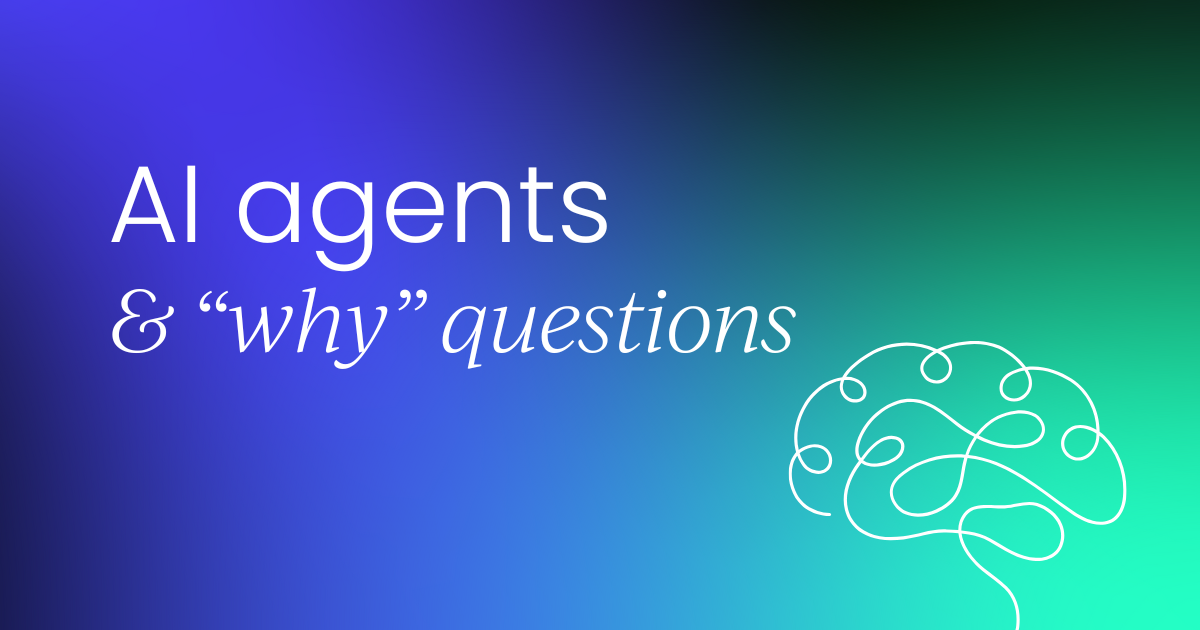Beyond Benchmark: LLMs Evaluation with an Anthropomorphic and Value-oriented Roadmap
NeutralArtificial Intelligence
- A new evaluation framework for Large Language Models (LLMs) has been proposed, addressing the gap between benchmark performance and real
- The development of this anthropomorphic and value
- The discourse surrounding LLMs is evolving, with increasing scrutiny on their truthfulness and ethical implications. As LLMs become integral in various sectors, understanding their capabilities and limitations is crucial for responsible innovation and governance.
— via World Pulse Now AI Editorial System

